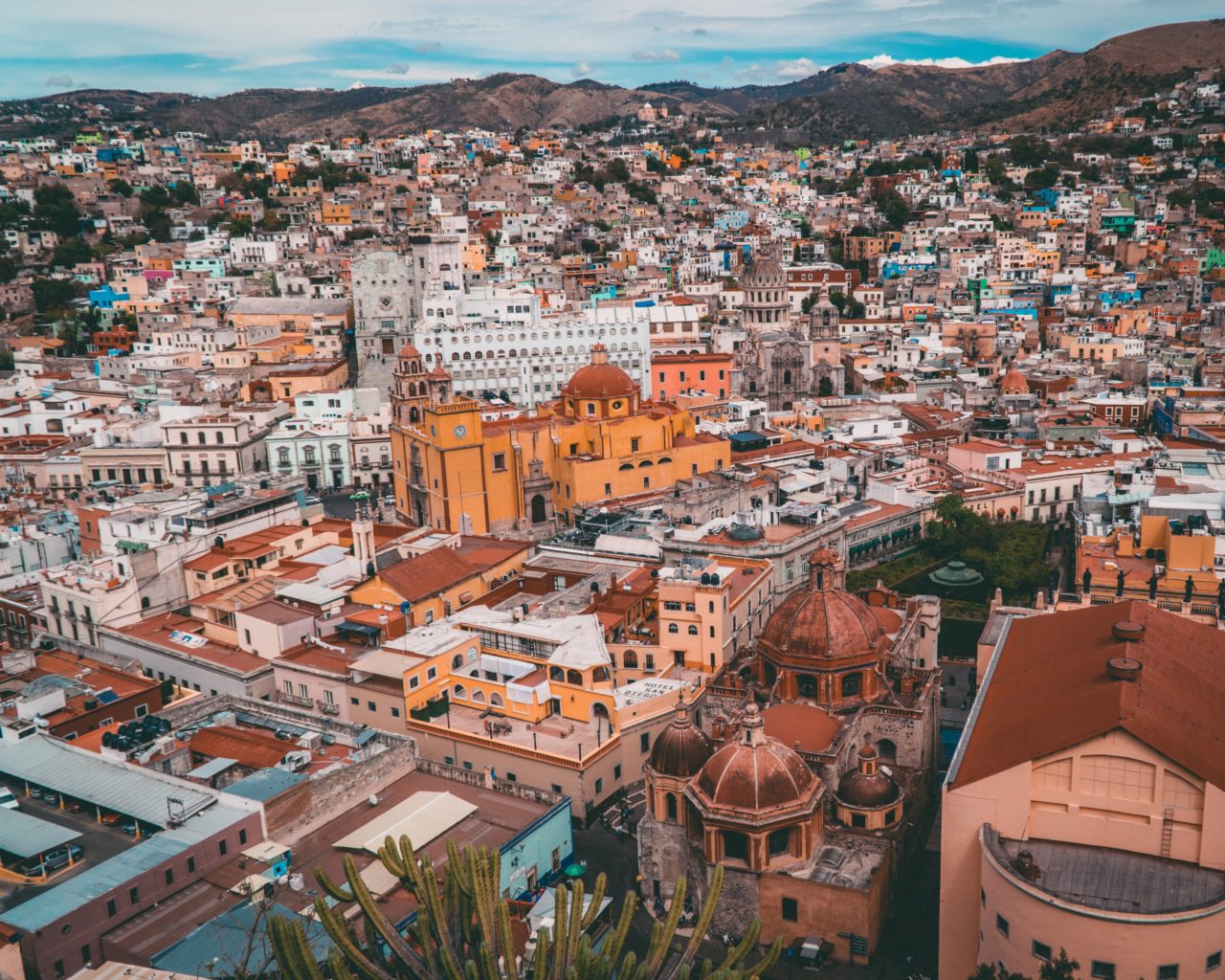
This article first appeared in El Financiero on July 9, 2021.
President Andrés Manuel López Obrador has adopted as his government’s motto and banner the fight against corruption, a fight that has focused on several companies, among them, four companies that became the target of the president: PiSA, Altos Hornos de México (AHMSA), Iberdrola and Braskem Idesa.
“Mexico is a great example of anti-corruption policies happening in the Latin American region. Much has been criticized, but the government’s efforts to fight corruption cannot be made less, now it is more difficult to implement them due to political and pandemic challenges,” said in an interview with El Financiero, Michael Watt, associate managing director of the consulting firm Kroll.
PiSA Laboratories ‘Sickened
The government began since 2020 to look for drug suppliers, after the president declared that there was a monopoly, where he repeatedly pointed out that PiSA was the most benefited.
The consulting firm Instituto Farmacéutico said that PiSA, Novartis, Roche and AstraZeneca concentrated just over 50 percent of the volume of oncology drugs in the 2019 consolidated purchase.
In October 2020, the government debarred PiSA and Dimesa for 30 days for providing false information to obtain a contract; however, the debarment was withdrawn last April 6.
Enrique Martinez Moreno, director general of the Pharmaceutical Institute (Inefam), said that the lack of an investigation by the government to understand the oncology drug market is what led to a disaster, which affected all companies in the sector.
“The conditions are set by demand, and if demand wants higher volumes at lower prices, not just any company can do it financially. PiSA is the only one that could make those conditions, but they changed it and there was no plan B (…) there was definitely no way to replace what was left aside, now it is a problem not only of PiSA, it is a government issue that does not know how to cope not only in oncologicals, but in other therapeutic groups,” he commented.
Altos Hornos de México (AHMSA)
The steel company was the only supplier of thermal coal for the CFE plants, but the government decided to break this relationship with AHMSA because it considered that it damaged the finances of the state-owned company.
However, César Luis Ceniceros Marín, president of the National Union of Coal Producers (UNPC), said that there is no project under development that is as advanced as those of AHMSA “they have no proof, it is pure bush”.
He pointed out that this harms the small coal producers in Coahuila who depend on the CFE to purchase thermal coal from AHMSA in order to buy from them.
Braskem Idesa
Braskem, the result of the alliance between Braskem of Oderbecht’s company and Mexico’s Idesa, signed a memorandum of understanding with Pemex and its subsidiaries, with which they will seek to modify the ethane supply contract and the realization of a port terminal.
Prior to the agreement, López Obrador reiterated that the ethane contract was “onerous” and advantageous and damaged Pemex, in addition to the fact that there was already an accusation of corruption by Oderbecht.
Braskem Idesa said that this modification and port terminal are subject, in any case, to the feasibility, negotiation, documentation and approval of its shareholders, creditors and corporate governance bodies of the company.
“The investigations continue, because we also have to see who authorized the signing of this contract, which is clearly unconscionable and contrary to the national interest,” said the president of Mexico.
Iberdrola
The Spanish company is repeatedly mentioned by the president among a group of private companies, mostly foreign, which, he assures, benefited from the 2013 energy reform.
Gonzalo Monroy, director of the consulting firm GMEC, stated that, despite the accusations, Iberdrola continues to generate income in Mexico and added that none of the companies the president accuses in the energy sector of corruption has at the moment an impact on their operation.
“The companies know that this is very common, it happens in other parts of the world, and in that sense after much pressure nothing has been modified in the electricity market. But the problem is for Mexico as a society because it is left without electricity at competitive prices, all that availability of resources is lost to Mexicans,” he said.
The CFE is seeking to renegotiate contracts with Iberdrola because it considers that it affects the finances of the state productive company.
For this reason, the Spanish company has already said that it will no longer invest in the country due to the new energy policy.
“If the government is not welcoming investment, we are not going to invest, and I think we are right now in Mexico, we are just completing the investment we started a few years ago and we have not started a new one, unless the government allows it,” Ignacio Sánchez Galán, chairman of Iberdrola, said in 2020 at a conference with analysts.














